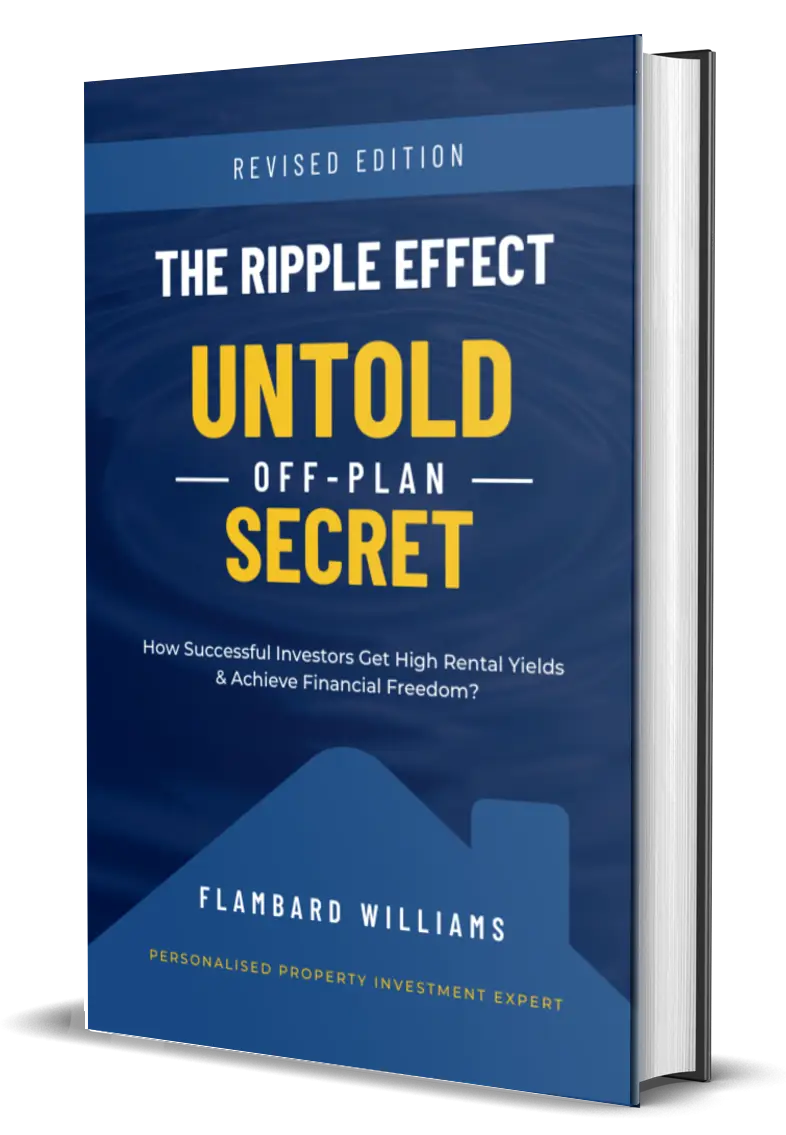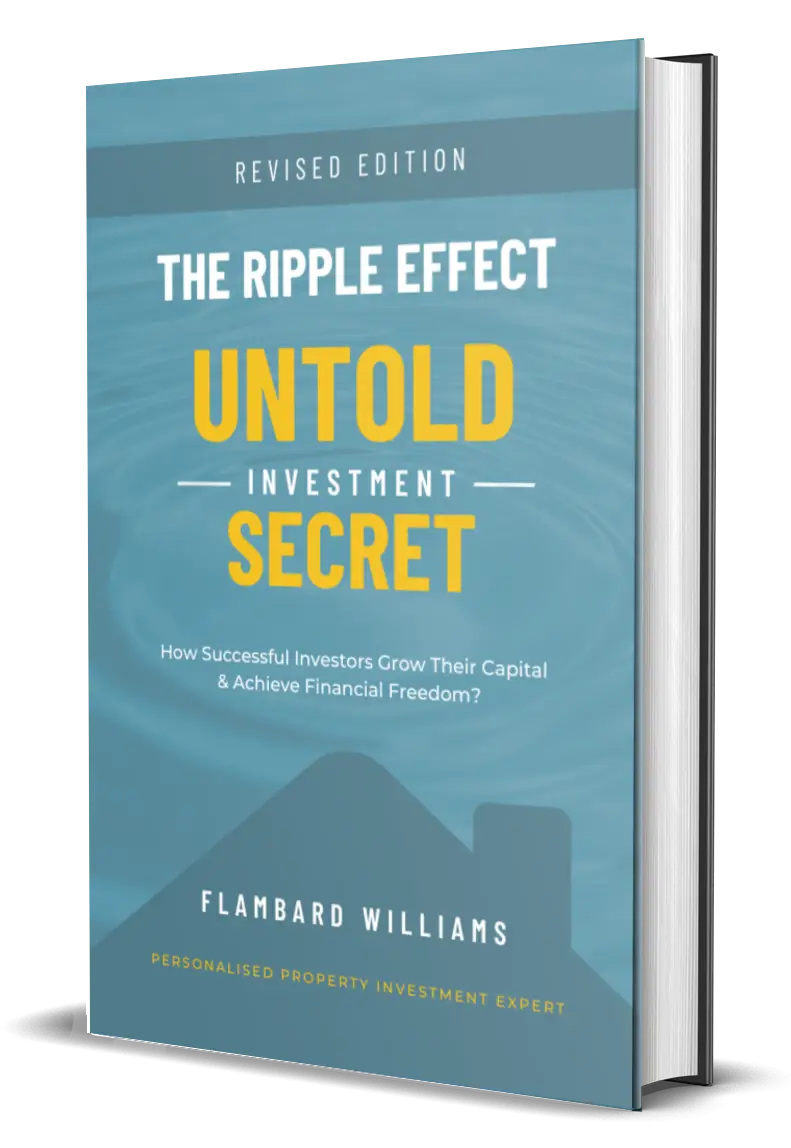Table of Contents
Table of ContentsToggle Table of ContentToggle
If you have been watching Birmingham’s property market, you have most likely observed that it is looking to be really outstanding in 2025. Rising demand, smart investments, and infrastructure projects like the HS2 train project have driven the city to regularly exceed expectations.
Property experts believe that prices will keep rising, so this is a fantastic chance for long-term wealth-building investors.
Overview of Birmingham’s Property Market
A Snapshot of Birmingham’s Housing Market: 2023-2024
Looking back over a few years, Birmingham’s property market has shown incredible resilience. Slightly 0.8% higher than September 2023’s £235,000, the average house price in September 2024 was £236,000. This continuous growth under economic uncertainty emphasises the city’s appeal to homeowners as well as to investors.
The Current State of House Prices in Birmingham
Looking more closely at the current situation, different types of property in Birmingham have a range of prices. A detached house runs on average £438,000; a semi-detached house runs £271,000; a terraced house runs £218,000; and a flat or maisonette runs £161,000.
Whether your search is for more affordable rental properties on sale or pricey family residences, this diversity provides an opportunity to spend in a range of ways.
What’s Driving Demand in Birmingham’s Property Market?
A number of elements are driving Birmingham’s housing market:
- Economic Development: The City’s strong economy attracts professionals as well as businesses equally.
- Infrastructure Developments: Projects such as the upcoming HS2 rail link will increase the desirability and connectivity of Birmingham by reducing journey times to London to just 49 minutes.
- Demographic Trends: A strong rental market results from a notable flood of young professionals and students.
These factors help Birmingham to be a convincing place for real estate investment.
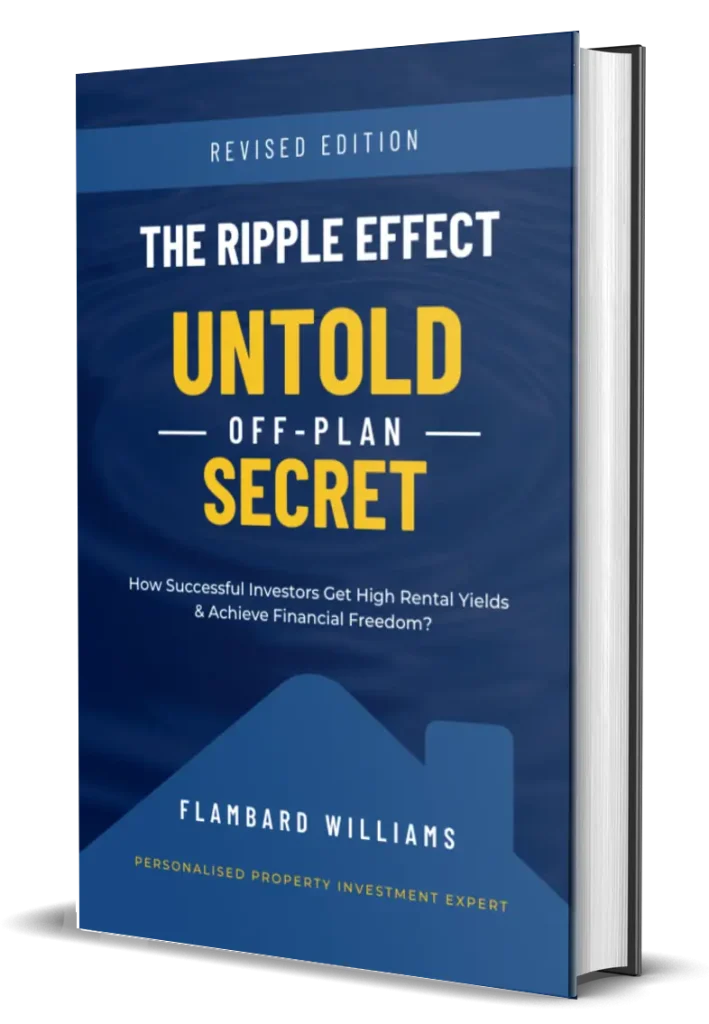
Initiate a powerful sequence of your property growth and reinvestment.

Initiate a powerful sequence of your property growth and reinvestment.
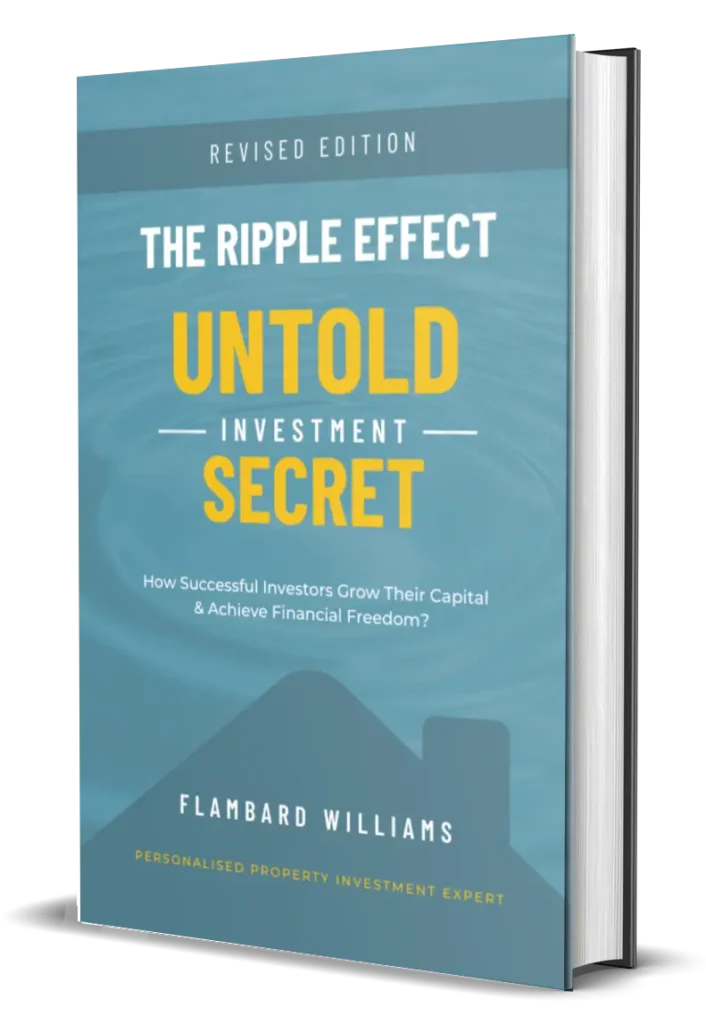
Unleash how successful investors build wealth, reduce financial stress, and achieve financial freedom.
Birmingham Property Prices Since 2014
Birmingham’s property prices have seen consistent growth over the past decade, making it one of the UK’s most attractive cities for property investment.
The average price of a house in Birmingham in 2014 was about £157,000. This information comes from the Office for National Statistics (ONS). By September 2024, this number had risen to around £236,000, which is a big jump of more than 50% in just ten years.
Price increases haven’t been even; there have been big jumps around important economic events. For example, between 2016 and 2018, the average price of a home went up by almost 7% per year.
This was mostly because more people wanted to buy homes after regeneration projects like the Midlands Metro growth.
2021 saw property prices rise 9.6% year-on-year following the pandemic as buyers looked for more space and investors targeted the competitive Birmingham property market.
Average House Price in Birmingham: September 2024
Annual Change in House Prices in Birmingham
As of September 2024, the average house price in Birmingham was £236,000, marking it as one of the most accessible major cities for property investment.
Compared to the UK average house price of £296,000, Birmingham remains an affordable market for investors looking to enter the property sector while offering excellent prospects for long-term price growth and rental yields.
In the year leading to September 2024, Birmingham saw an annual house price growth of 0.8%, slightly slower than the peak increases during the post-pandemic boom.
Detached homes showed the strongest growth of 1.5%, while apartments and flats recorded modest growth of 0.4%, remaining highly attractive for buy-to-let investors targeting Birmingham’s vibrant rental market.
Change in House Price by Type of Property in Birmingham
There are different kinds of Birmingham real estate that offer different levels of investment potential. Apartments and flats are still the best choice for investors who want to buy homes to rent out.
These homes usually have lower down payments and are perfect for the city’s growing number of young professionals and students, so they are in high demand as rentals.
Here’s a breakdown of property types in September 2024:
- Apartments and Flats: Average price of £161,000, making them the most affordable option for investors. Their popularity stems from high demand in areas like the Jewellery Quarter and city centre, where rental yields often exceed 6%.
- Terraced Homes: Terraced homes, which cost an average of £218,000. They are good for families but are harder to rent in cities.
- Semi-detached Homes: With an average price of £271,000, semi-detached homes are better suited for long-term family rental or wealth upscaling.
Detached Properties: With an average price of £438,000, detached houses are usually not the best choice for rent as they tend to cost more and rent less.
Birmingham House Prices Per Square Metre
When compared to other UK cities, Birmingham’s house prices per square metre are a great deal. The price per square metre is about £2,800, which is a lot less than the £4,300 or £5,400 you’d pay in London or the South East.
Because of this, investors can buy homes in key growth areas like Digbeth or the Jewellery Quarter without having to pay sky-high prices as they do in other places.
Flats and apartments in these places are especially appealing to people who want to buy to rent. With prices averaging £3,200 per square metre, they are not only an affordable manner to get into the market, but they also offer great rental returns and long-term capital growth.
Because these homes are close to services, places of work and transport hubs, they will always be in demand by Birmingham’s growing number of young workers and students.

Average Private Rents Rose in Birmingham
In October 2024, the average monthly private rent in Birmingham reached £1,025, marking a significant increase from £937 in October 2023, according to the ONS. This 9.4% increase shows that Birmingham’s rental market is getting stronger, thanks to rising demand and a lack of rental homes.
The biggest price hikes happened in the Jewellery Quarter and the city’s heart. Rents in brand-new apartments went up by more than 10%.
Annual Change in Rents in Birmingham
Birmingham has one of the biggest yearly changes in private rents in the West Midlands. This shows how popular the city is becoming.
From October 2023 to October 2024, rents went up by 9.4%, which was a lot more than the usual 5.6% rise in rents across the UK during that time.
This trend shows that there is a high demand for rental homes, especially among young workers and students who want to live in Birmingham because of its central location and growing job market.
Average Rent in Birmingham Compared with the West Midlands
Birmingham’s average private rent of £1,025 per month surpasses the West Midlands average of £912 per month, solidifying its position as a regional leader in terms of rental demand and investment potential.
Properties in prime locations, such as Birmingham’s city centre, regularly command rents exceeding £1,200 per month, particularly for modern apartments with green spaces and amenities appealing to urban professionals.
Change in Average Rents by Bedroom Number in Birmingham
Rental prices in Birmingham also vary significantly by property type and number of bedrooms:
- One-bedroom flats: Average rent of £850 per month, showing a 7.6% increase year-on-year.
- Apartments with two bedrooms: The average rent is £1,150 per month, up 9.8% compared to October 2023.
- Three-bedroom properties: The average rent has increased by 10.3% to £1,450 per month. This is because families are looking for larger areas.
Birmingham Rental Prices in 2025
Looking ahead, rental prices in Birmingham are expected to rise further in 2025, with forecasts predicting an annual increase of 6%–8%. Digbeth and the Jewellery Quarter are expected to remain hotspots because of their proximity to Birmingham’s city core and facilities appealing to young professionals.
These increasing rents provide buy-to-let investors with excellent opportunities. Birmingham’s average rental yields are expected to be between 6.5% and 7%; certain homes in highly sought-after neighbourhoods will approach 7.5%.
Birmingham’s reputation as a top spot for property investment is strengthened by this steady increase, especially for those aiming at the rental market.
Birmingham Housing Supply and Demand
Birmingham continues to face an acute imbalance in housing supply and demand, driving up both property prices and rents. The city’s projected 3,500 housing shortage in 2024 was compounded by a restricted supply of rental units in strategic locations.
Population increase driven by young professionals and students is surpassing building even with continuous regeneration efforts and new constructions.
The city centre, where flats and apartments are most sought-after, shows this growing demand especially. These features appeal to the urbanites looking for modern conveniences and ease.
Birmingham’s limited housing supply guarantees ongoing rental demand for property investors, which makes it an interesting long-term buy-to-let choice.
Interest Rates and Their Impact on Birmingham House Prices
The Birmingham property market has been shaped in great part by interest rates; so, the current trends are not unusual. Borrowing has become far more expensive, with the Bank of England base rate set at 5.25% in August 2024, the highest since 2008. This immediately reduced demand and slowed development, affecting house prices in Birmingham.
Birmingham’s typical property cost increased by just 2.8% during the past year, to roughly £236,000, significantly less than the 7% to 9% rise seen in previous years. This slowdown reflects national trends largely caused by rising borrowing prices.
The average monthly payment has increased by about £320 due to higher mortgage rates; many consumers find homeownership less sensible.
How Interest Rate Changes Influence Birmingham’s Property Values
When interest rates go up, buyers face larger monthly payments, which reduces affordability. For instance, a 1% increase in mortgage rates usually lowers a buyer’s borrowing capacity by roughly 10%, therefore influencing home prices.
This has resulted in a modest cooling in Birmingham, with fewer property transactions completed than in the same period last year: 5% less.
Birmingham’s strong rental market helps to keep the city’s housing market robust though. Rising rates often force prospective homeowners into renting, therefore guaranteeing a strong demand for rental properties.
For buy-to- let investors, this provides a safety net since rental revenue can balance the effect of more interest payments.
Investor Sentiment and Market Reactions
Rising interest rates usually cause changes in investor sentiment. Higher financing costs can cause some investors to delay purchases, but others choose to buy-to-let properties in places like Digbeth or the Jewellery Quarter with great rental demand.
These areas continue to offer rental yields of 6% or more, providing reliable returns even in a high-interest-rate environment.
Looking forward to 2025, there’s optimism among investors about Birmingham house prices, as interest rates are forecasted to even drop. History demonstrates that the property market often sees a comeback in demand when borrowing becomes more reasonably priced, which drives price increases.
Savvy investors are closely monitoring the “buying zone” prospects to make sure they do not miss the next major surge.


The takeaway? Rising interest rates have certainly cooled the market for now, but Birmingham’s robust fundamentals — including high rental demand and a lack of housing supply — continue to make it a solid choice for property investment in the long term.
Some Expert-Recommended Properties in Birmingham For Your Next Investment
- Birmingham
Deposit
.
Yield
Property Price
.
Birmingham Economic Forecast
The economy of Birmingham is looking better than ever thanks to large-scale infrastructure projects, population growth, and more business investment.
The HS2 project, which will connect Birmingham to London in 49 minutes and cost an estimated £71 billion, is a big part of this. Many people think that this new infrastructure will bring a lot of business to the city and make the economy stronger.
Birmingham’s manufacturing, banking, and technology businesses all make jobs and housing demand. By 2025, Birmingham’s economy should be the one that is growing the fastest. Investors in real estate will be more interested in it since its GDP is expected to grow by more than 3% per year.
Reasons for Growth
A City on the Rise
Birmingham is at the heart of the UK’s infrastructure transformation, spearheaded by HS2. This £71 billion project is more than a rail link; it’s a game-changer for connectivity and economic growth.
The city has also benefited from extensive regeneration projects, such as the Paradise development and Smithfield Market redevelopment, which are reshaping its urban landscape. With these advancements, Birmingham continues to draw businesses and residents, creating rising demand for housing and rental properties.
Strong Rental Demand
Birmingham’s appeal to young professionals and students has helped to noticeably boost the rental market there. Rising to £1,025, a 9.4% rise from the year before, Birmingham’s average private rent in 2024 raised Key areas including Digbeth and the Jewellery Quarter are seeing very strong demand as rental yields typically reach 6%.
Birmingham offers buy-to-let investors excellent demand as well as significant returns.
Young Population
Over 40% of people in Birmingham are under 30 years old, making it one of the youngest cities in Europe. Because of this, there is a high demand for modern rental homes in good areas, especially apartments in the city heart.
A lot of these young people who live there are either students or workers looking for homes close to work and cultural attractions. This means that there will always be a demand for rent in key areas.
Professional Tenant Demographic
Birmingham’s growing economy has attracted a professional tenant demographic, including graduates and corporate employees. Areas like Edgbaston and the Jewellery Quarter appeal to these tenants because they provide close access to offices, park areas, and entertainment choices.
This group guarantees high occupancy rates and low void periods for property owners, hence rental properties in these areas are quite appealing.


Angel Gardens is located in an up-and-coming district of Liverpool. It is in close proximity to two major regeneration projects: the £150 million Project Jennifer and the £5.1 billion Liverpool Waters scheme.
Cash Needed
Rent per month
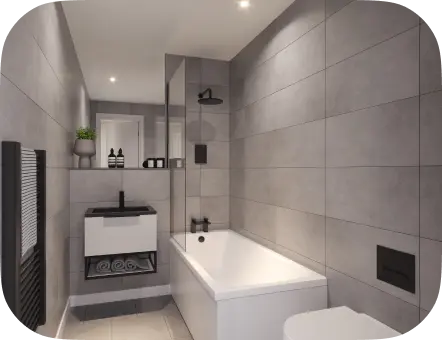
Limited Units
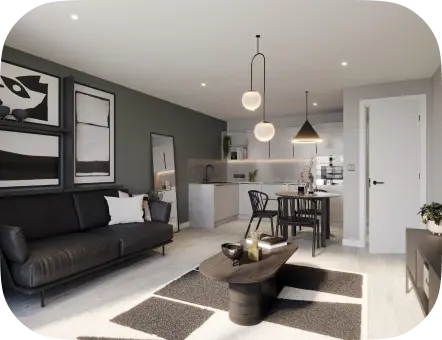
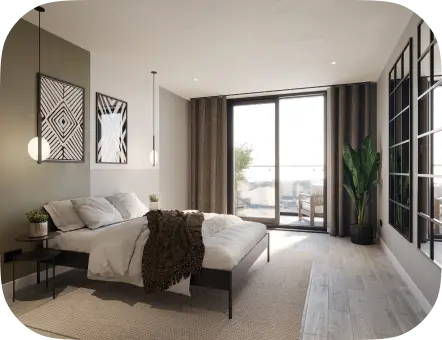
£185k
Major Regeneration Projects Transforming Birmingham
Under the £71 billion HS2 high-speed train project, Birmingham is seeing a multi-billion-pound make-over that will cut travel time to London to only 49 minutes.
The £570 million Curzon Street Station supports this by increasing demand for homes close to transportation centres and therefore strengthening the city’s economy. These initiatives are transforming Birmingham into a major business, professional, and commuter hub.
Other transforming projects include Smithfield Birmingham (£1.9 billion), which will provide new dwellings and retail spaces close to Digbeth, and Paradise Birmingham (£1.2 billion), changing the city core with new office buildings and public places. Together, these developments are creating vibrant neighbourhoods and attracting both residents and investors.
The Big City Plan, a £10 billion vision, is expanding Birmingham’s city centre by 25%, creating 50,000 jobs and new homes, while the Midlands Metro extension (£450 million) enhances connectivity across the city. Post-Commonwealth Games regeneration projects, including £778 million allocated to Perry Barr and Alexander Stadium, are further revitalising important neighbourhoods.
These projects are ensuring Birmingham’s position as a major economic and cultural hub, increasing demand for properties, and providing rich possibilities for buy-to-rent investors. With significant investments, the city promises unequalled potential for investors and long-term property development.
House Price Predictions for Birmingham in 2025
In 2025, Birmingham’s real estate market will continue to rise because there aren’t enough homes to meet people’s needs.
Experts predict that property prices will rise by 3% to 5% each year, with areas like Digbeth and the Jewellery Quarter likely to do better than the overall market. With plenty of potential for capital appreciation, these areas are attracting property investors more and more.
Major initiatives like HS2 and other improvements under the Big City Plan will help to improve the city’s attractiveness, hence driving Birmingham property prices above the average £236,000.
Particularly in key areas, flats and apartments are projected to remain very sought-after and provide good profits for buy-to-let investors aiming at young professionals and students.
Final Thoughts on House Price Forecast Birmingham 2025
Given Birmingham’s affordable real estate market, fast-rising prices, and strong demand for rental apartments, it is among the best spots for UK investors.
Birmingham is poised for greater growth and economic stability thanks to major construction projects such as HS2, the Big City Plan and major efforts to regenerate the city.
From the cheap but high-yielding flats in the Jewellery Quarter to the lively Digbeth neighbourhood, investors can build portfolios that will grow in value over time and earn money from rent.
As 2025 approaches, Birmingham’s youthful population, strong economy, and strategic location make it a city on the rise, perfect for both seasoned and first-time property investors.

Area Guide
I’m Ben, I’ve worked as a senior broker here for quite a stretch, witnessing numerous success stories unfold!








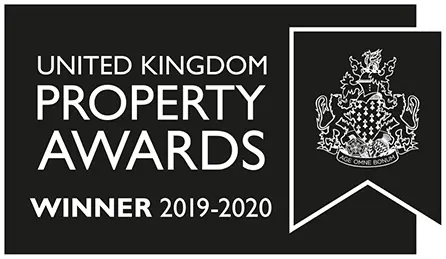
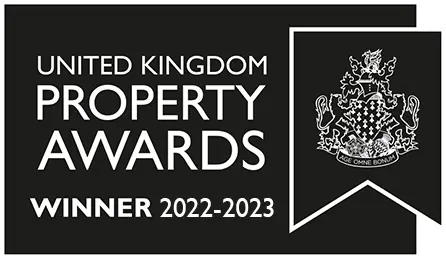
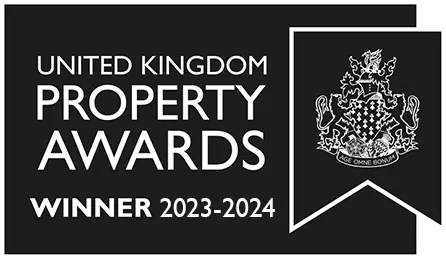





 Exclusive Property Launch Invitations
Exclusive Property Launch Invitations Customised Market Reports
Customised Market Reports Exclusive Access to Off-Market Properties
Exclusive Access to Off-Market Properties Networking Events
Networking Events